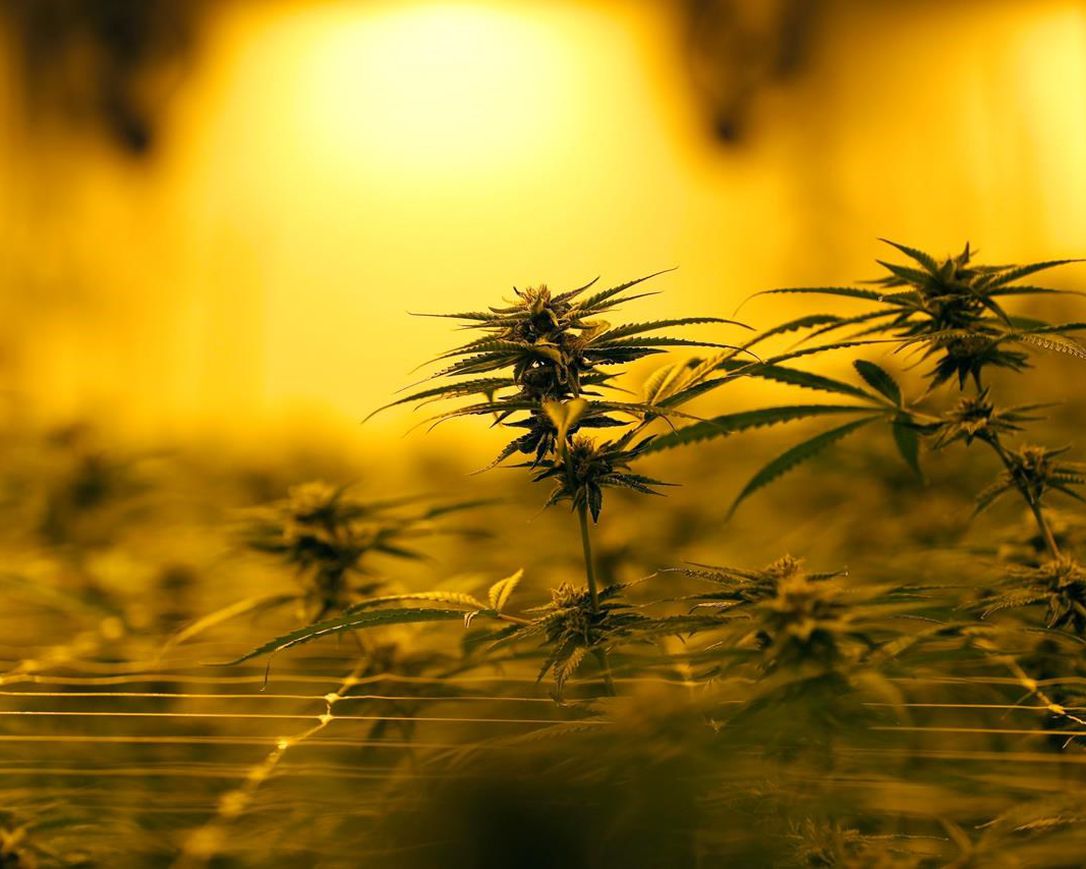Regulatory Hurdles Challenge Social Equity Cannabis Licensing in Missouri
LOS ANGELES- In a significant development impacting Missouri’s cannabis industry, nearly one-quarter of the 48 social equity cannabis microbusiness permits awarded in October have been declared ineligible by the Department of Health and Senior Services (DHSS). The 11 affected applicants, encompassing permits for nine dispensaries and two wholesalers, face the loss of their licenses. This decision follows the completion of a state-mandated eligibility review by the DHSS, the agency overseeing Missouri’s cannabis program.
The DHSS cited two primary reasons for the disqualification of these applicants. Firstly, a failure to provide necessary documentation confirming that the facilities would be operated by eligible individuals. Secondly, an inability to furnish evidence of a qualifying criminal record, as reported by the Missouri Independent. The disqualified applications include two from Michigan’s Canna Zoned, six from Arizona’s Cannabis Business Advisors, and one from Missouri’s Amendment 2 Consultants.
Investigations revealed that some of Canna Zoned’s applications were potentially predatory and deceptive towards social equity partners. Similarly, Cannabis Business Advisors, along with other firms, was accused of “flooding” the state with social equity applications. These findings prompted at least one state lawmaker to describe the situation as an “egregious exploitation” of the social equity program.
The review process, concluding on December 1, leaves a 30-day response window for the affected licensees before final revocation. This situation underscores broader challenges faced by social equity programs in the cannabis industry. These programs often attract entrepreneurs who attempt to manipulate the system, either by using stand-ins for application purposes or by misleading eligible partners into relinquishing control over the licenses.
In response to these challenges, Missouri plans to issue at least 96 additional social equity cannabis microbusiness permits. Two more license lotteries are scheduled to commence in March, indicating the state’s continued commitment to regulating and expanding its cannabis industry in a fair and equitable manner. This scenario reflects a common trend in the burgeoning cannabis market, where regulatory frameworks and social equity objectives intersect, often revealing systemic vulnerabilities and necessitating ongoing adjustments to ensure fair and effective industry practices.


































